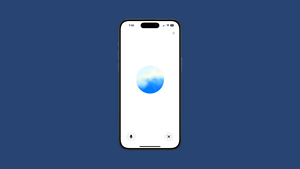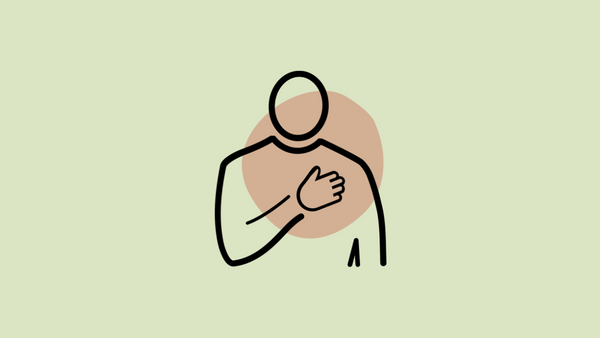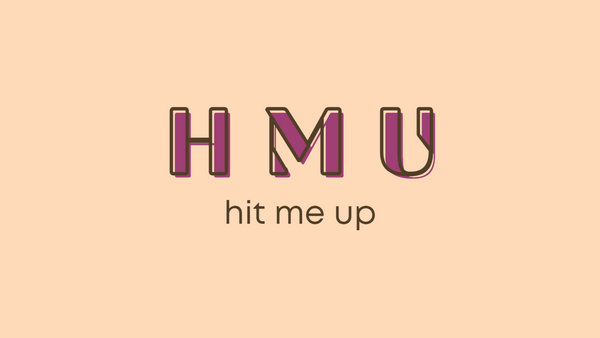Most of our present colloquial vocabulary is from music. Most of the slang words and phrases that we use today have hip-hop and rap roots, to be precise. One or two slangs that add to this list are ‘cap’ and ‘no cap’. However, these terms, which are just a continuum of a single theme of slang, go a little further than hip-hop and rap.
For the record, ‘cap’ and ‘no cap’ has nothing to do with fashion, capitalism, uppercase letters, or the headgear. It also does not mean a ‘limit’. The modern-day (or not so modern) slang has an entirely different connotation which defies the actual understanding(s) of the English term(s). In fact, ‘cap’ or ‘no cap’ have almost unthinkable or unpredictable meanings.
What in the World is ‘Capping’?
‘Capping’ is the art of faking it. When you ‘cap’, you’re either lying, deceiving, dishonest, exaggerating, or doing it all at the same time. ‘Capping’ began as an insult and has remained so, for decades now. The reason why it’s such an embarrassing title or slur is in the nature of the term — open and blunt exposure of dishonesty in any shape.
One of the earliest appearances of ‘capping’ is as a colloquial alternate name for the game of ‘The Dozens’. If you’re unfamiliar, ‘The Dozens’ is an African-American game and entertainment format mostly popular amongst the youth– and for good reason. The Dozens is essentially a verbal battle of disses and insults that lack foundational truth. ‘Capping’ in this context, was/is a reference to this game of verbal mockery.
Since ‘capping’ represents a game not based in truth, it can be safe to speculate that the slang probably got its connotation from the game’s character. So, from being the name of a game that transacts baseless insults for entertainment, ‘capping’ went on to become an entire slang for baselessness. It could be the other way around too, as some sources state ‘capping’ to be as old as the 60s. Whichever came first.
Cappin’ becomes a ‘thing’
For years, ‘capping’ was locally used to insult someone for their false image embellished with lies, deception, or exaggeration without genuine grounds. ‘Capping’ moved around a little more and became a sensation after debuting in old-school pop culture, approximately during the early 1980s. But, it remained a demographically exclusive slur.
One of the oldest ‘capping’ mentions in music during this time was the 1985 track ‘Invasion of the Flat Booty B*tches’ by Too Short (Todd Anthony Shaw), an American rapper. Eventually, old-school artists like Willie D, Geto Boys, UGK begin incorporating ‘cap’ to either cap, mock capping, or go ‘high capping’.
‘High capping’ back then, was intended as the opposite of ‘capping’. However, the phrase is ambiguous today. Though there are legible sources that equate the meaning of ‘high cap’ to today’s ‘no cap’, there are some that connotate ‘high cap’ as a much higher or possibly the highest degree of ‘capping’.
No Cappin’ and the Popularization of ‘Cap’
‘Capping’ is the insult and ‘no capping’ or ‘no cap’ is the antidote. When someone says they aren’t capping, their image as a person increases. Their words have more value because they’re being honest and filterless. They’re making it clear that they’re being real because ‘no cap’ suggests no lies, no deceit, no flamboyance, just the plain, sincere, truth. No cap is a way of saying ‘for real’, ‘being serious’, ‘no joke’, and ‘no BS’. It signifies getting as real and as raw as possible.
‘Capping’ and more importantly, ‘No Capping’ became a popular slang in the 2010s. The oldest mention of ‘capping’ in the last decade goes back to the 2011 Chief Keef track featuring Gino Marley, ‘Just in Case’. No slackin’ No cappin’. But! The slang didn’t become as prevalent as it is today just yet.
One of the artists that aided in pushing ‘capping’ and ‘no cap’ to a more popular level is Migos. His 2017 song ‘Deadz’, featuring 2 Chainz repeatedly mentions ‘no cap’, making this antonym and positive side of the slang famous among listeners. Eventually, Offset and many more artists bring ‘no cap’ to the mainstream music business — and thereby to global colloquial vocabulary.
Apart from the music industry, social media, in recent times helps give ‘no cap’ a high through its natural up-and-down course as slang by making it viral (again) in 2020. ‘No cap’ accompanied the high-pitched ‘sheesh’ slang that got super popular on TikTok in mid-2020. The trend was people complimenting the good food they were enjoying with ‘no cap’. The food was bussin’ respectfully, no cap, for sure.
How to Use ‘Cap’ and ‘No Cap’?
Now that the contrast between the two sides of the same slang is clear, here’s how you can put them to practical use. ‘Cap’ appears in all contexts where you smell a rat and ‘No cap’ for the times you really smell it. Here are some themes that are contrastingly similar to ‘cap’ and ‘no cap’ and the ways to apply both slang terms in the respective contexts.
Belief
Being able to believe someone or something is crucial when it comes to ‘cap’ and ‘no cap’. It’s both subjective and objective — in fact, all themes are so. This use-case for both slang terms can either be based on subjective or objective belief based on reason or rhyme. When you can believe or trust in something/someone, you use ‘no cap’ and when you don’t, ‘cap’ makes an appearance.
- I think he’s telling the truth, no cap.
- He’s capping, dude. I don’t buy it.
- There’s no BS here. I swear it’ll work out, no cap.
- It was a project that was just cap. It never succeeded.
Reliability
Something’s no capping when it’s reliable, dependable, and viable. This too can either be based on experience or second-hand knowledge (sometimes, both). When you find something or someone to be reliable and if you trust and count on it/them, you apply ‘no cap’ and when that’s not the case, use ‘cap’.
- I’ve worked with that system before. Works like a charm, no cap.
- I don’t know, man. Seems like job offer’s capping.
- Don’t worry about it. That price tag will last a lifetime, no cap.
- You should never buy into stuff with too much cap.
Honesty
When we say something or someone is not capping, we’re basically vouching for them and pledging honesty to it/them. But, when the same’s capping, then, you either experientially know a streak of dishonesty when you see one or you’re simply applying indirect knowledge.
- I think she’s being true to herself and you, man. No cap.
- Seems like they were just capping on us the whole time.
- Nothing’s better than some good ol’ home food. No cap.
- Ew. What’s this high capping plan’s all about?!
Authenticity
Originality is another major theme in the context of ‘capping’ and ‘no capping’. Besides, it is the basis of this slang. Anything that’s cappin’ definitely has something (or everything) false about it — whereas ‘no cap’ is all about originality and authenticity.
This use-case of the slang can be in reference to something external or internal. It is also while referring to being real or fake.
- He said he saw no cappin’ on his side whatsoever.
Really? Am I really the only one who literally just saw through all his cappin? - Aye. I’m all up sustainable living, y’all. No cap. You can’t judge me this much for that one plastic bottle.
- I really hope you didn’t buy into all that I said that day. I was clearly capping myself out of that horrible situation.
- Yo. You keep your mouth shut or I leak out all your dirty secrets. No cap, mate.
Exaggeration
Many times, lies are served in the form of exaggeration. You know something’s not true when it’s either too good (or too bad) to be true. More often than not, these situations are lies and they’re totally capping or full of cap. But, when something/someone is being true, then it’s a fact that they aren’t cappin’.
- Ugh, I was so sick right the first 5 mins. So much cappin’!
- Nah, man. Some people don’t cap, they just have that kinda luxury.
- She thought she’d really get away with all that cappin!! SMH.
- I love the outfit. NO CAP!!!
Conclusion
‘Capping’ is an age-old slang term that was probably in vogue since the 1960s. People have been identifying and outright exposing pretense in people and things ever since. But, we began celebrating and focusing on authenticity alongside calling out capping only recently. The current use-case of the slang is great because we talk more about ‘no capping’ and not so much about ‘capping’. That’s a sweet place to be, no cap.










Member discussion